-
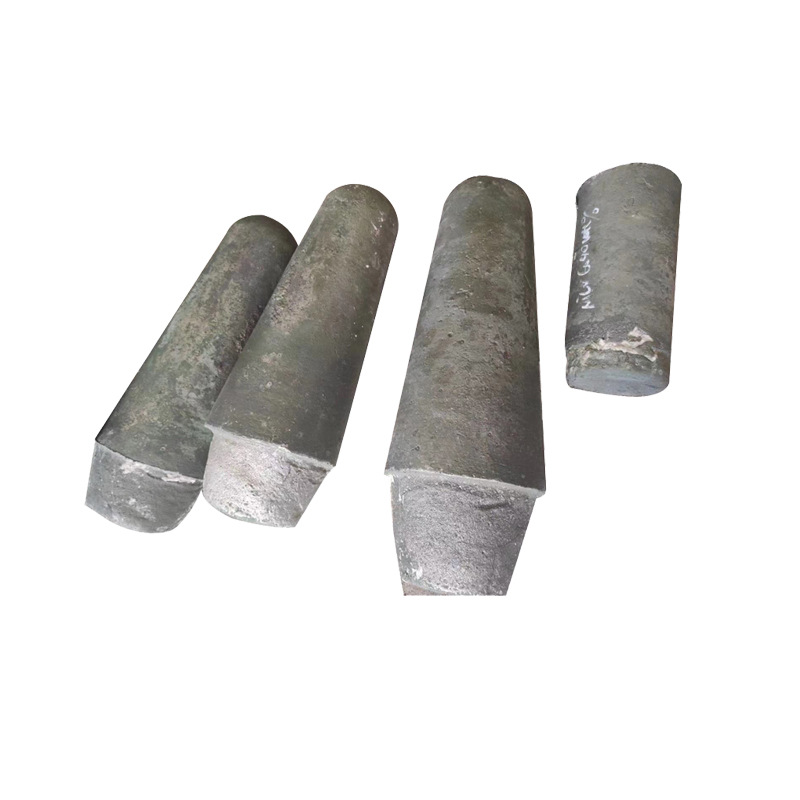
- Low Friction: Tin provides excellent lubricating properties, reducing wear on components.
- Corrosion Resistance: Offers good protection against oxidation and corrosion.
- Versatile: Suitable for a range of applications in electronics and machinery.
-
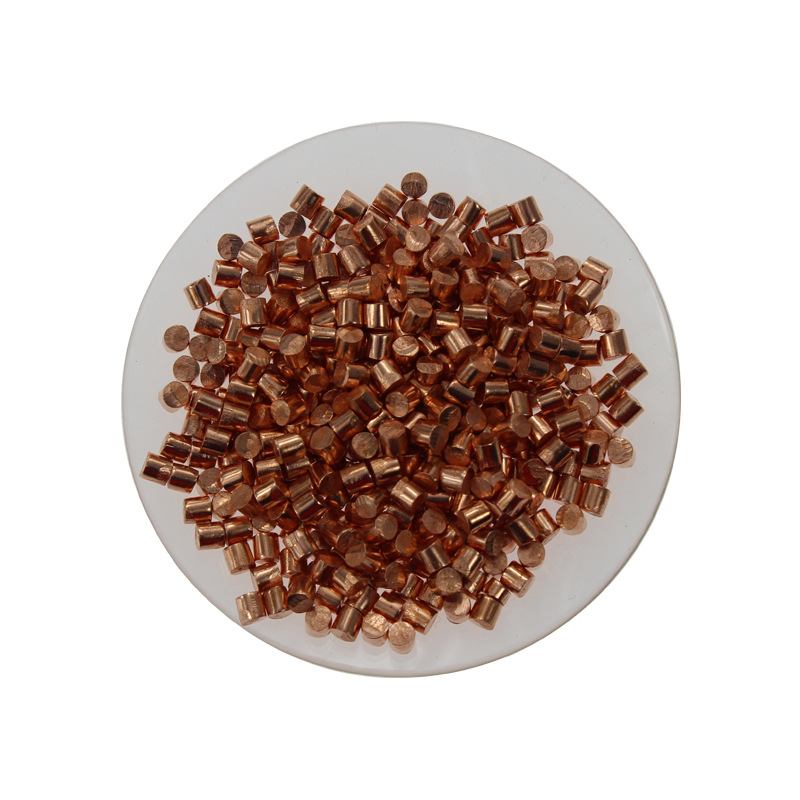
- Good Conductivity: Offers high electrical and thermal conductivity, making it ideal for electrical applications.
- Strength and Ductility: The alloy combines strength with ductility, allowing for effective deformation during soldering and manufacturing.
- Corrosion Resistance: Provides enhanced resistance to corrosion compared to pure copper.
-
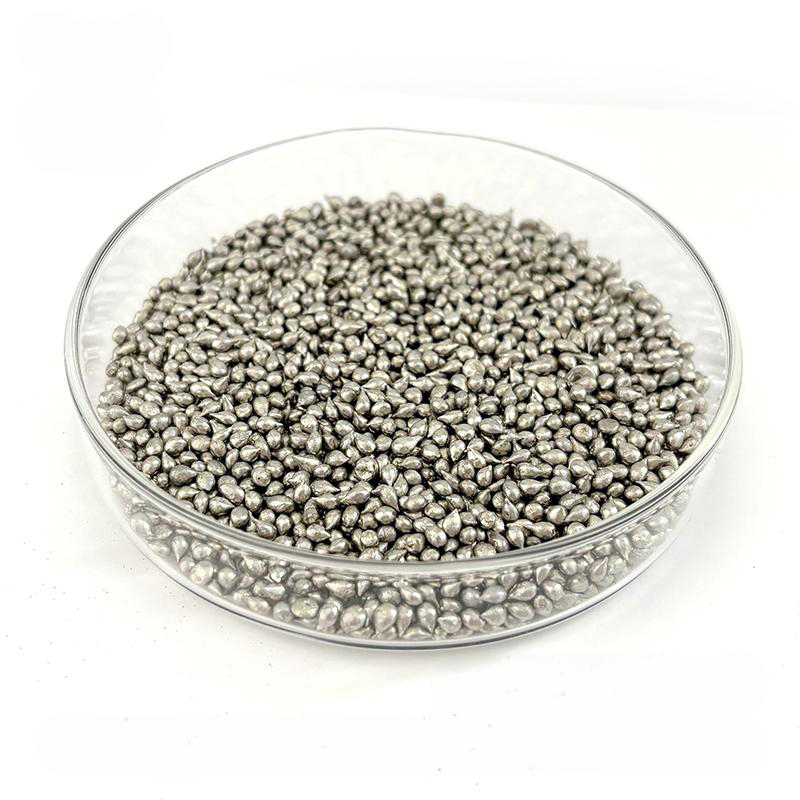
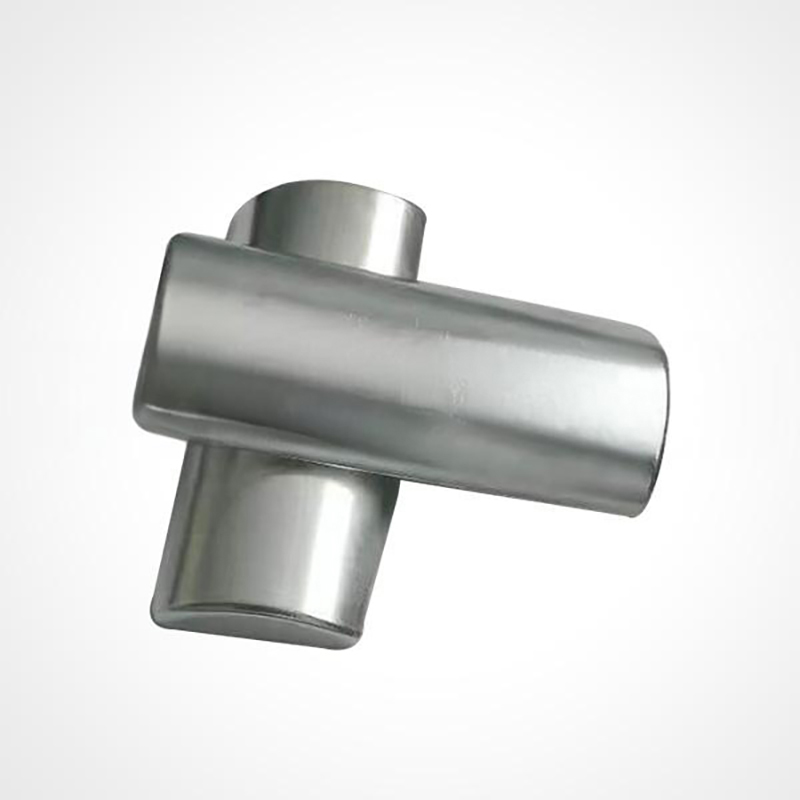
$10.00 – $1,258.00
- High Purity: Ensures consistent performance and reliability in sensitive applications.
- Excellent Electrical Conductivity: Provides effective electrical connections in electronic components.
- Corrosion Resistance: Offers protection against environmental factors, enhancing durability.
- Low Melting Point: Facilitates easy processing in soldering and thin-film applications.
- Non-toxic: Compared to other metals, tin presents a lower environmental impact, making it a safer choice in many applications.
-
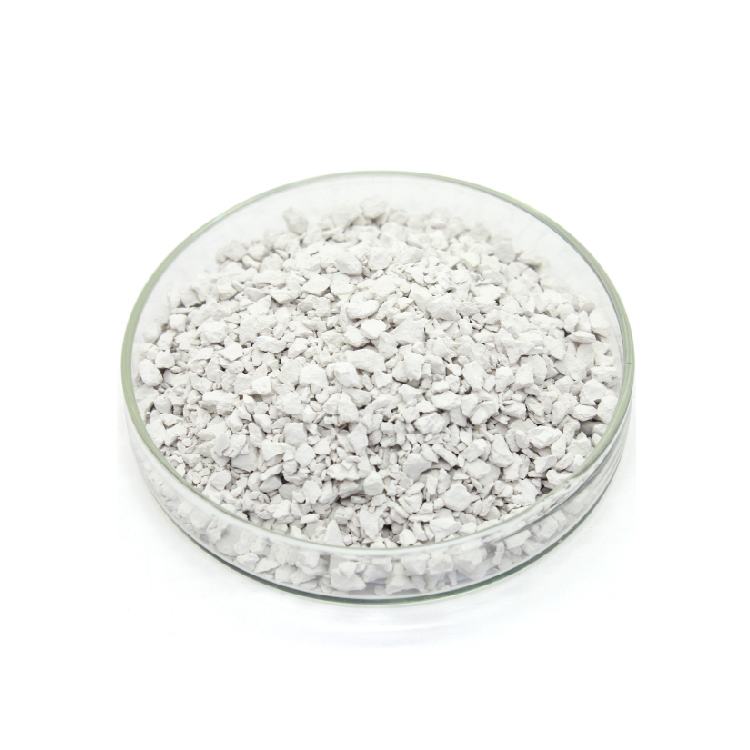
- High Purity: SnO2 pellets are typically offered with a purity of 99.9% or higher, ensuring excellent quality and performance in thin-film deposition.
- Optical Transparency: SnO2 exhibits good transparency in the visible light spectrum, making it suitable for applications requiring optical clarity, such as in displays and solar cells.
- Electrical Conductivity: SnO2 films can exhibit both transparency and electrical conductivity, which is essential for applications like transparent conductive oxides (TCOs).
- Durable and Corrosion Resistant: SnO2 films are highly resistant to wear, corrosion, and environmental degradation, providing a protective barrier in coatings.
- Strong Adhesion: SnO2 coatings adhere well to a variety of substrates, which ensures durability and stability in deposited films.





